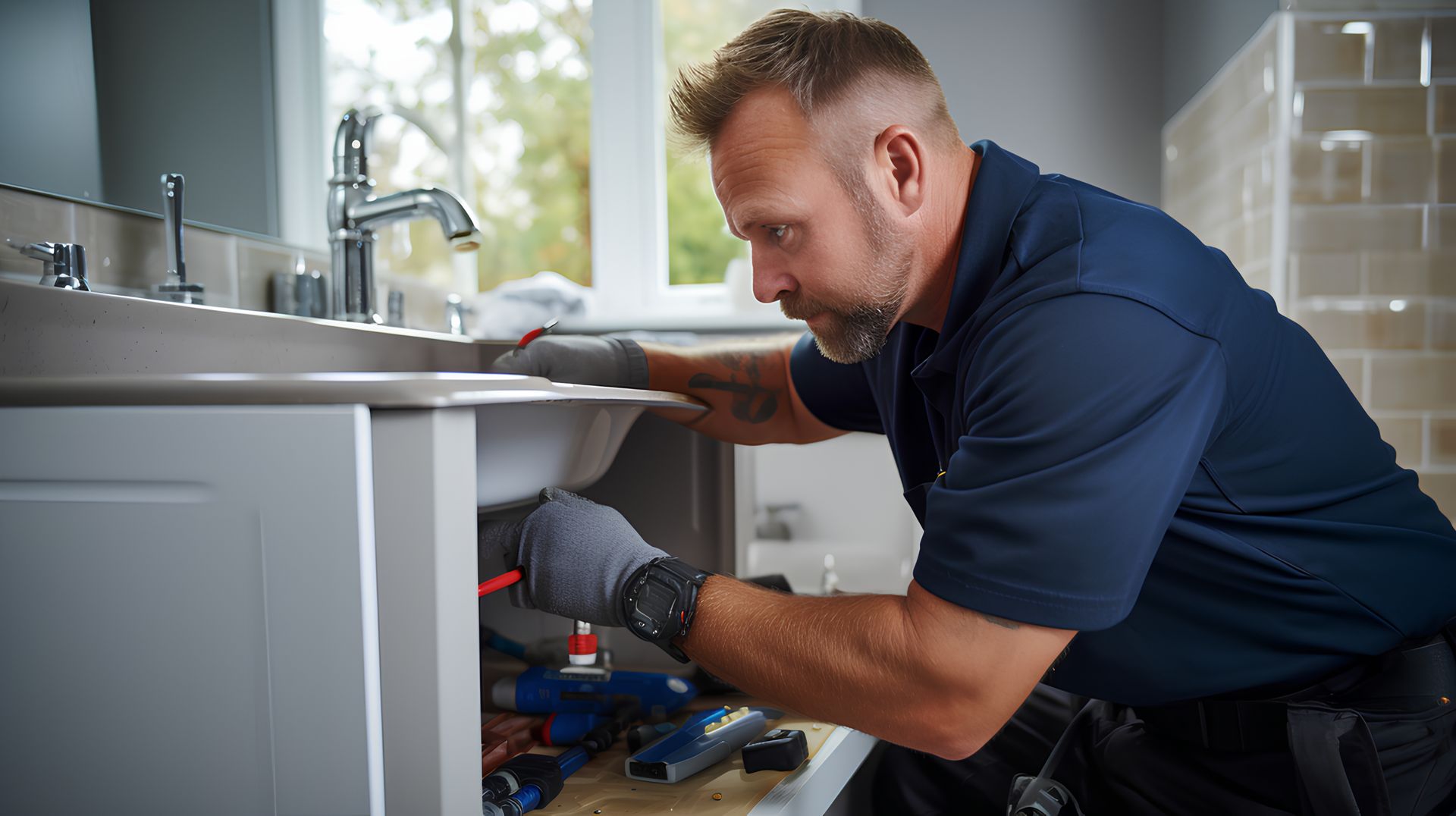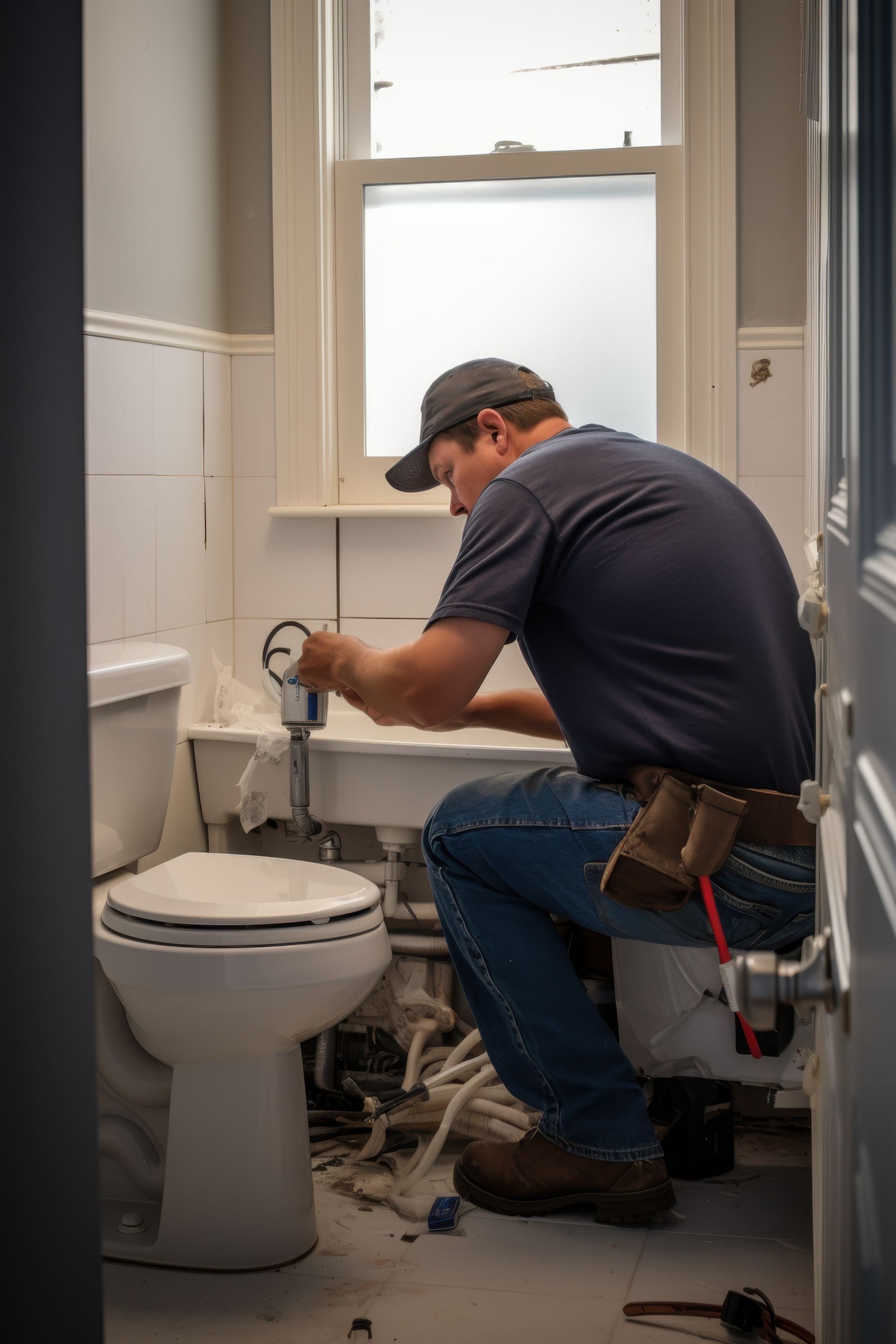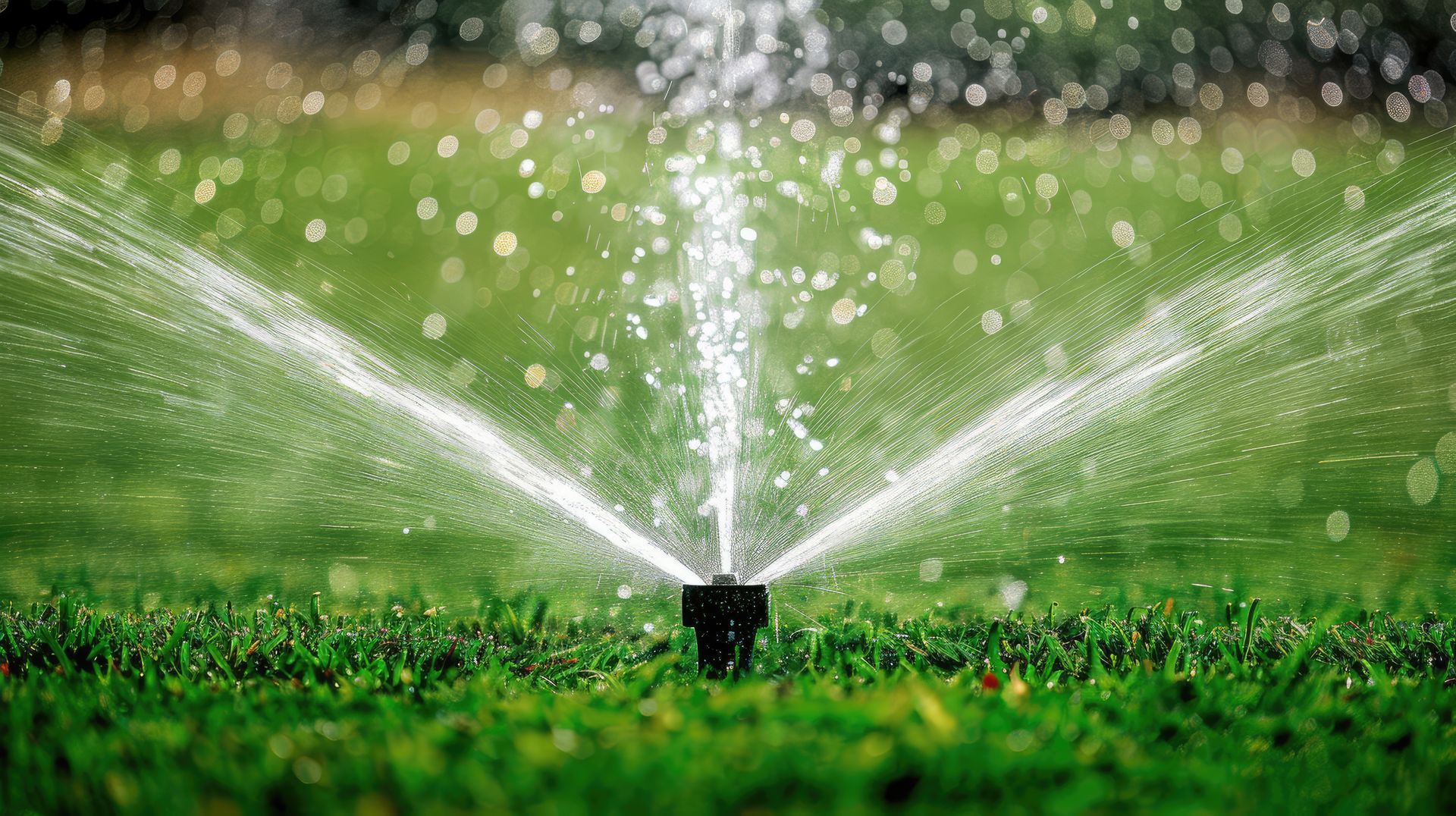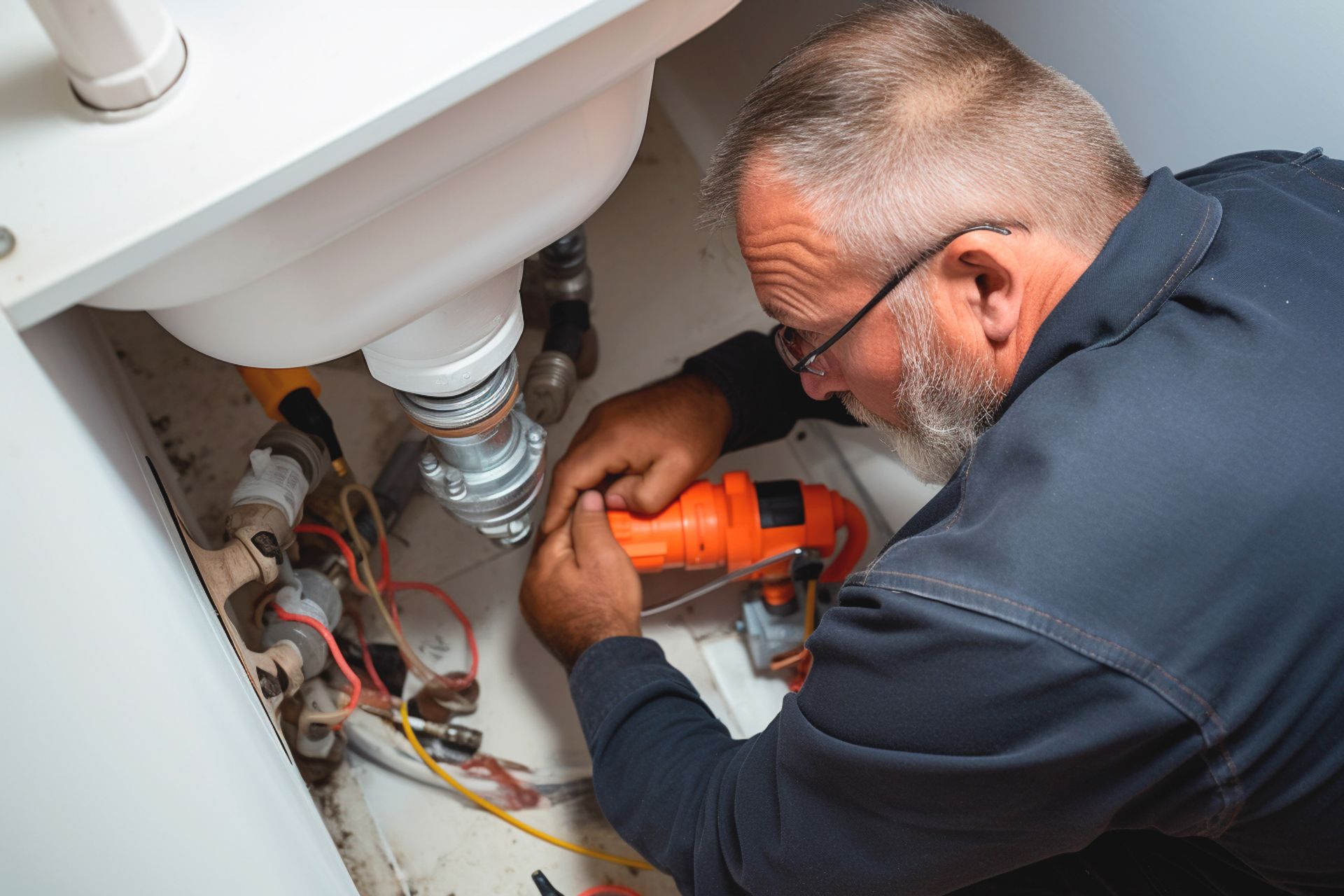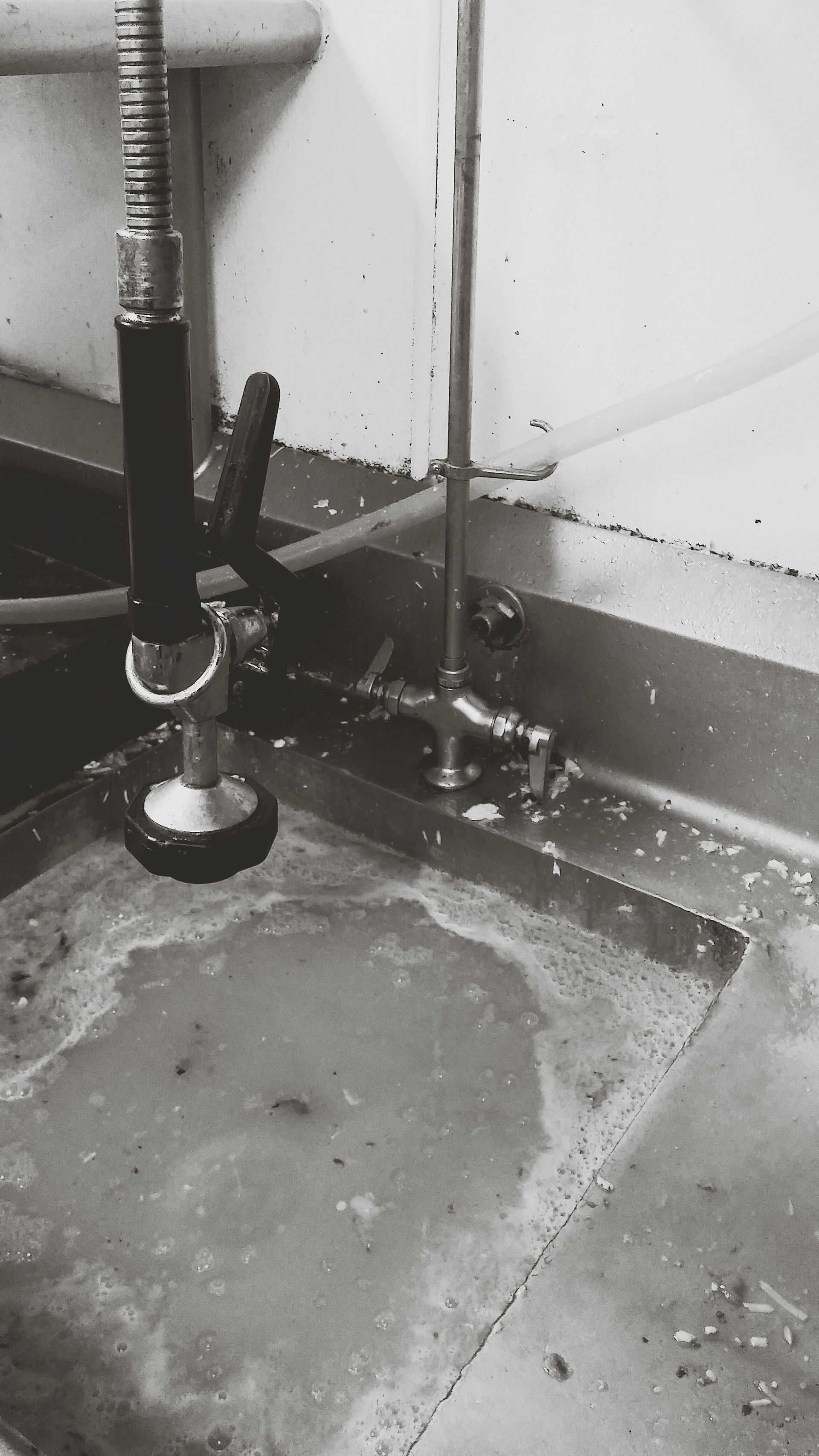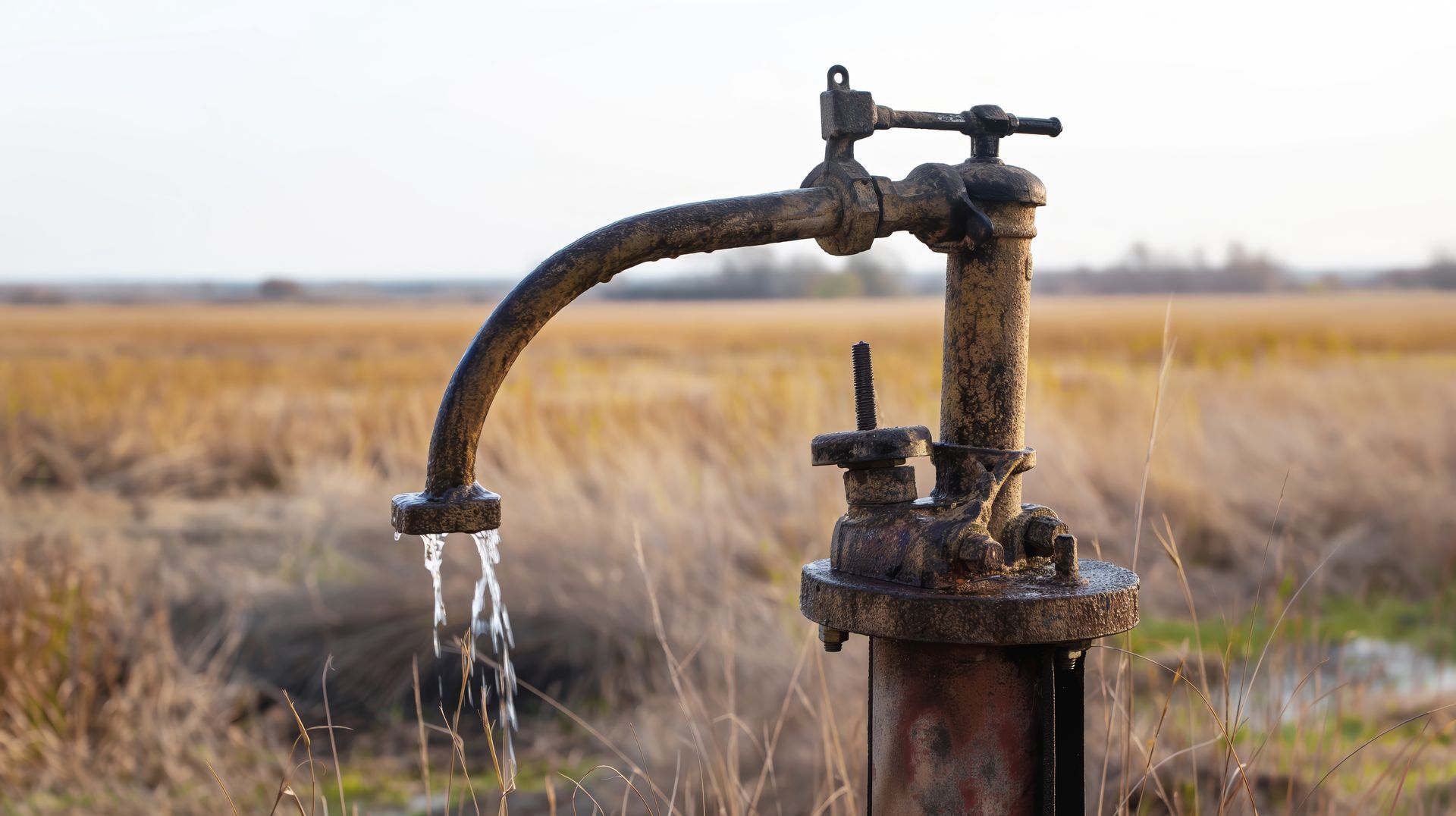Understanding Your Home’s Plumbing System: A Beginner’s Guide
Understanding Your Home’s Plumbing System: A Beginner’s Guide

As a homeowner in Roanoke, VA, having a basic understanding of your plumbing system is essential for maintaining a comfortable and functional living space. Plumbing issues can arise unexpectedly, and knowing how your system works can help you identify problems early and communicate effectively with professionals. Here’s a beginner’s guide to understanding your home’s plumbing system.
1. The Basics of Plumbing Systems
Your home’s plumbing system consists of two main components: the supply system and the drainage system.
- Supply System: This system brings fresh water into your home from a municipal source or a well. It includes pipes, valves, and fixtures that deliver water to sinks, showers, toilets, and appliances.
- Drainage System: This system removes wastewater from your home. It consists of pipes that carry waste away from fixtures to the sewer or septic system. The drainage system relies on gravity to function properly.
2. Key Components of Your Plumbing System
Understanding the key components of your plumbing system can help you troubleshoot issues and communicate with your plumber:
- Pipes: These are the conduits that carry water throughout your home. Common materials include PVC, copper, and PEX.
- Faucets and Fixtures: These are the visible components where you access water, such as sinks, showers, and bathtubs.
- Valves: These control the flow of water in your plumbing system. Main shut-off valves allow you to stop water flow in emergencies.
- Water Heater: This appliance heats water for your home’s use, providing hot water for showers, washing dishes, and laundry.
- Sump Pump: If your home has a basement, a sump pump helps prevent flooding by removing excess water.
3. Common Plumbing Issues
Being aware of common plumbing issues can help you identify problems early:
- Leaky Faucets: A dripping faucet can waste water and increase your utility bill. It’s often caused by worn-out washers or seals.
- Clogged Drains: Hair, grease, and debris can accumulate in drains, leading to slow drainage or backups.
- Running Toilets: A toilet that runs continuously can waste a significant amount of water. This issue is often caused by a faulty flapper or fill valve.
- Low Water Pressure: This can be caused by mineral buildup in pipes, leaks, or issues with the municipal water supply.
4. Basic Plumbing Maintenance Tips
Regular maintenance can help prevent plumbing issues and extend the life of your system:
- Inspect for Leaks: Regularly check faucets, toilets, and pipes for signs of leaks. Address any issues promptly to prevent water damage.
- Clean Drains: Use a drain strainer to catch debris and periodically flush drains with hot water to prevent clogs.
- Know Your Shut-Off Valves: Familiarize yourself with the location of your main shut-off valve and individual fixture valves. This knowledge is crucial in emergencies.
- Schedule Professional Inspections: Consider having a professional plumber inspect your system annually to identify potential issues before they become major problems.
5. When to Call a Professional
While some plumbing issues can be handled by homeowners, others require professional expertise. Call a plumber if you experience:
- Persistent leaks or water damage
- Major clogs that won’t clear with a plunger
- Low water pressure that doesn’t improve
- Issues with your water heater or sump pump
Conclusion
Understanding your home’s plumbing system is essential for effective maintenance and troubleshooting. By familiarizing yourself with the components and common issues, you can take proactive steps to keep your plumbing in good condition. Remember, when in doubt, don’t hesitate to call a professional plumber in Roanoke for assistance.
Call to Action
If you’re experiencing plumbing issues or need a routine inspection, contact our team of experienced plumbers in Roanoke, VA, today! We’re here to help you keep your plumbing system running smoothly.
